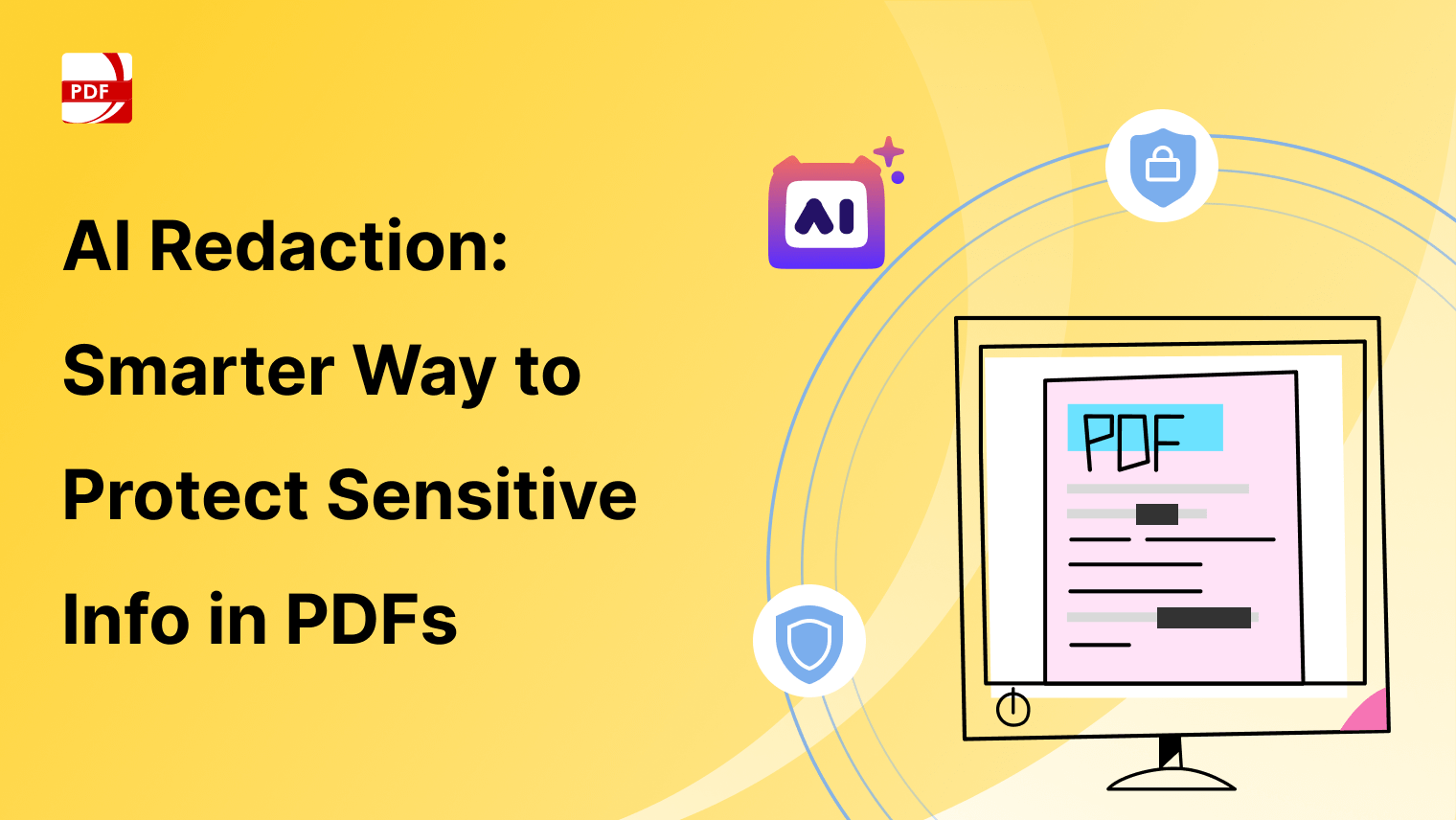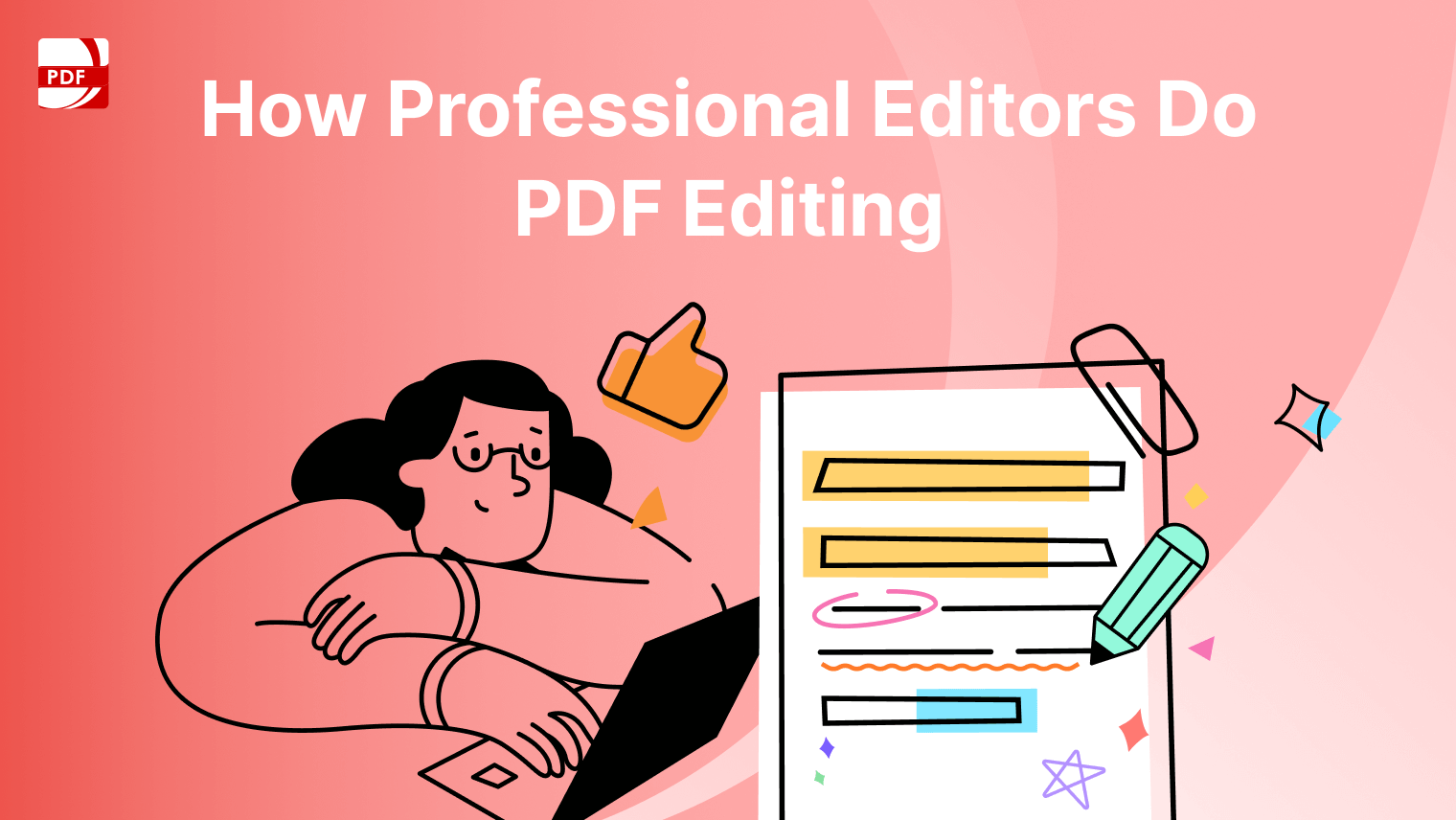- Book Title: Dark Matter
- Author: Blake Crouch
- Year Published: July 26, 2016. Please note: As Dark Matter was recently released, its copyright must expire before a legal and free PDF version is available.
- Goodreads Rating: 4.14/5
- Availability: Buy the PDF from Google Play Books.
After you have purchased Dark Matter, follow these instructions to download it from Google Play Books in PDF format:
- Click on the "Books" tab at the top of your screen.
- Click on the "Your Library" link beneath that.
- Find your book and click the icon with three dots beneath the cover image.
- Select "Export" and then "Export as PDF".
How to Read Dark Matter in PDF Format
Got your hands on PDF Reader Pro? Now it's time to kick back and enjoy your reading journey with ease. Say goodbye to squinting at tiny text or struggling with clunky interfaces. PDF Reader Pro is here to tailor your experience just for you, making every page turn a breeze.
Get ready to lose yourself in the world of your favorite PDFs, all with the seamless simplicity of PDF Reader Pro.
PDF Reader Pro - for a reading time that's both delightful and hassle-free.
Our Review of Dark Matter
In "Dark Matter," Blake Crouch weaves a gripping tale that begins on a seemingly ordinary night in Chicago. Jason Dessen, a college physics professor, looks forward to a quiet evening with his wife, Daniela, and their son, Charlie. But his life is about to be turned upside down. As Jason walks home, he is abducted by a masked man who asks him a haunting question: "Are you happy with your life?" This chilling encounter sets off a chain of events that will alter Jason's reality in unimaginable ways.
Jason awakens in a laboratory, surrounded by strangers in hazmat suits. Confused and terrified, he realizes he's not in his familiar world. In this new reality, Jason is not a family man but a celebrated scientific genius. His wife, Daniela, is not his wife, and his son, Charlie, does not exist. The life he once knew is gone, replaced by an alternate version that feels both foreign and unsettling.
The narrative of "Dark Matter" explores profound themes of identity, choice, and the paths not taken. Jason's journey to reclaim his original life is both thrilling and introspective, forcing him to confront the darkest parts of himself. As he navigates this strange new world, he encounters both wondrous and horrifying experiences, each revealing more about the nature of reality and the human spirit.
One of the fascinating aspects of "Dark Matter" is its exploration of the multiverse theory. Crouch uses this concept to delve into the infinite possibilities that stem from every decision we make. Jason's alternate life serves as a poignant reminder of the roads not traveled and the lives we might have led. This scientific backdrop adds a layer of complexity to the narrative, making it a thought-provoking read for fans of both science fiction and psychological thrillers.
The book's relentless pace and unexpected twists keep readers on the edge of their seats. Crouch masterfully balances the speculative elements with deep emotional resonance, making Jason's quest feel both epic and deeply personal. The story's intimate moments, particularly Jason's longing for his family, ground the high-concept plot in genuine human emotion.
"Dark Matter" also raises intriguing philosophical questions about happiness and fulfillment. Jason's journey prompts readers to reflect on their own lives and the choices that define them. It's a story about love, sacrifice, and the lengths we go to for the people we care about. The novel's exploration of these universal themes makes it a compelling read that resonates long after the last page is turned.
In conclusion, "Dark Matter" is a brilliantly crafted tale that seamlessly blends science fiction and thriller elements with profound human insights. Blake Crouch's storytelling prowess shines through in this mesmerizing narrative, making it a must-read for anyone who enjoys mind-bending plots and deeply emotional stories. The book's exploration of identity, choice, and the nature of reality offers a unique and unforgettable reading experience.


 Free Download
Free Download Free Download
Free Download








 Support Chat
Support Chat